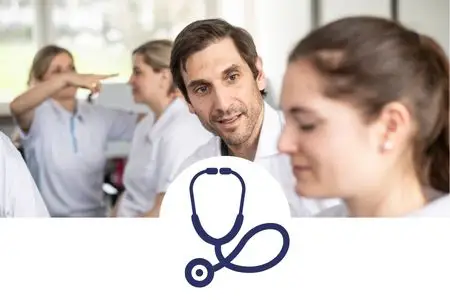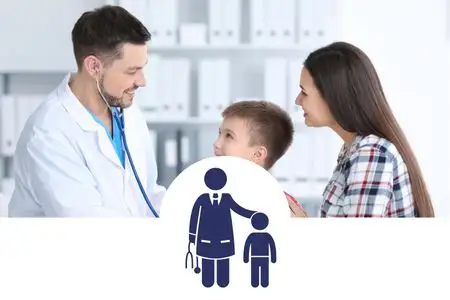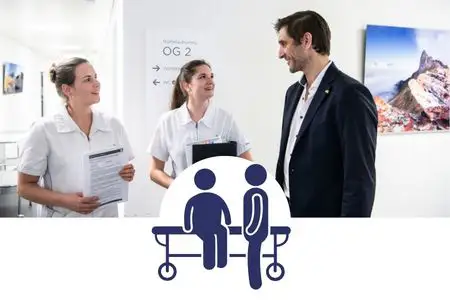What is medical hypnosis?
Medical hypnosis is the application of hypnosis within health care. Here you use targeted suggestions to positively influence mental and physical processes and support recovery. The method is evidence-based and seamlessly aligns with modern healthcare standards, making it a safe and effective adjunct for healthcare professionals.
Definition according to the American Psychological Association (APA)
“Hypnosis is a procedure in which a health professional or researcher suggests that a person experience changes in sensation, perception, thought or behavior. Hypnotic suggestions can lead to increased responsiveness to certain ideas or images.”
Explanation
- Hypnosis is not a loss of control.
- It is a collaborative process in which the client is open to suggestions in a focused state.
- The hypnotherapist or healthcare professional harnesses the brain’s ability to enhance imagination, concentration and motivation.
- This is done with specific, often therapeutic goals such as pain relief, stress reduction or support for medical treatments.
Research on medical hypnosis and mechanisms of action
Research by the OMNI Hypnosis Training Centre® in collaboration with the University of Zurich shows that medical hypnosis is associated with measurable changes in brain activity, breathing and neurochemistry. Advanced techniques such as fMRI, EEG and MRS were used for this purpose.
Scientific basis of medical hypnosis
Research shows that medical hypnosis:
- can reduce pain perception by up to 50%
- noticeably lowers anxiety and stress
- recovery periods shortened
- is effective with children and adults
Want to read more? Download our white paper medical hypnosis for free
Key findings
- Functional connectivity: changes in brain regions for attention and body awareness, more pronounced in deep trance (HS2).
- Neurochemical changes: adjusted concentrations of myo-inositol in the parieto-occipital region.
- Physiological effects: slower breathing in deep trance, appropriate for deep relaxation and stress reduction.
Applications of medical hypnosis for healthcare professionals
Medical hypnosis for healthcare professionals is increasingly being used to supplement routine care. It enhances patient comfort, promotes collaboration and can contribute to better treatment outcomes.




